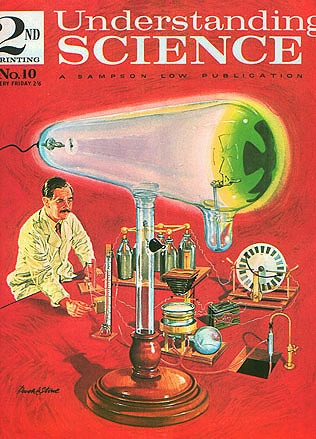 Guardian | Israel's decision to launch its devastating attack on Gaza on a Saturday was a "stroke of brilliance", the country's biggest selling paper Yediot Aharonot crowed: "the element of surprise increased the number of people who were killed". The daily Ma'ariv agreed: "We left them in shock and awe".
Guardian | Israel's decision to launch its devastating attack on Gaza on a Saturday was a "stroke of brilliance", the country's biggest selling paper Yediot Aharonot crowed: "the element of surprise increased the number of people who were killed". The daily Ma'ariv agreed: "We left them in shock and awe".Of the ferocity of the assault on one of the most overcrowded and destitute corners of the earth, there is at least no question. In the bloodiest onslaught on blockaded Gaza since it was captured and occupied by Israel 41 years ago, at least 310 people were killed and more than a thousand reported injured in the first 48 hours alone.
As well as scores of ordinary police officers incinerated in a passing-out parade, at least 56 civilians were said by the UN to have died as Israel used American-supplied F-16s and Apache helicopters to attack a string of civilian targets it linked to Hamas, including a mosque, private homes and the Islamic university. Hamas military and political facilities were mostly deserted, while police stations in residential areas were teeming as they were pulverised.
As Israeli journalist Amos Harel wrote in Ha'aretz at the weekend, "little or no weight was apparently devoted to the question of harming innocent civilians", as in US operations in Iraq. Among those killed in the first wave of strikes were eight teenage students waiting for a bus and four girls from the same family in Jabaliya, aged one to 12 years old.
Anyone who doubts the impact of these atrocities among Arabs and Muslims worldwide should switch on the satellite television stations that are watched avidly across the Middle East and which - unlike their western counterparts - do not habitually sanitise the barbarity meted out in the name of multiple wars on terror.
































